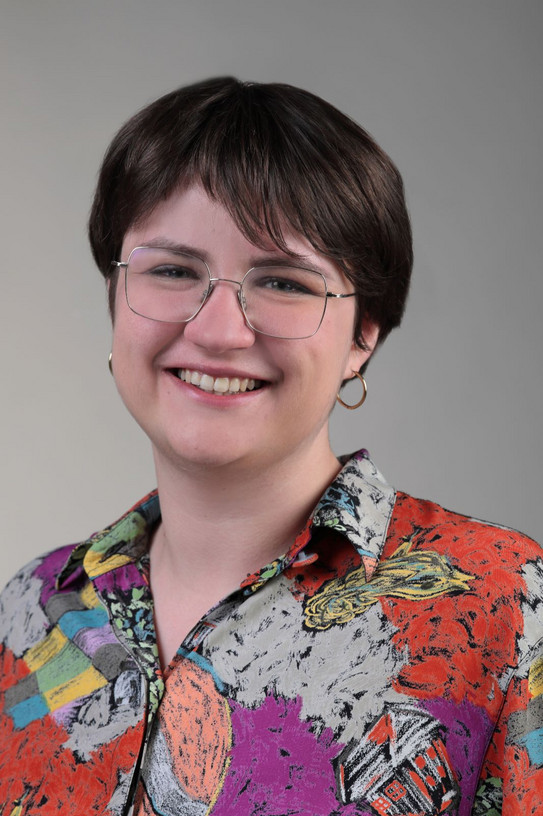Svea Kietzmann is working on a dissertation on participation and transformation claims in climate change with a focus on intergenerational justice. She completed her bachelor's degree in sociology with a minor in psychology at the Friedrich Schiller University Jena, an Erasmus semester at the Paris Lodron University Salzburg and her master's degree in sociology at the Ludwig Maximilian University Munich.
She worked as a research assistant at the Institute for Social Science Research (ISF) in Munich, focusing on the sociology of work, organisational consulting and knowledge analysis. Her current research focuses on social theory and the diagnosis of time with a focus on the sociology of risk and knowledge. In terms of empirical methods, she specialises in qualitative research. She is a scholarship holder of the Hans Böckler Foundation and works alongside her doctorate as a research assistant to Prof. Dr Nina Degele at the Institute of Sociology at the Albert Ludwig University of Freiburg. Svea Kietzmann is a member of the German Sociological Association and the Austrian Sociological Association as well as the DGS section ‘Environmental and Sustainability Sociology’.
Contact: svea.kietzmann@tu-dortmund.de
Generations between Conflict and Dialogue
In Germany, climate change coincides with an aging society characterized by an increasing proportion of elderly people. This demographic shift affects economic and ecological changes and poses new challenges for democratic processes. The dominance of elderly population groups and the different generational socialization lead to divergent views on crisis management. This perceived marginalization, particularly in political processes, fosters attributions of responsibility and intergenerational conflicts. Climate protest movements such as “Last Generation” and “Fridays for Future” address this generational conflict, advocating increased participation of the younger population in climate policy decisions and rapid, sustainable transformation. The complexity of the climate crisis exacerbates social, ecological, health, and economic challenges, disruptively changing society and the democratic state.
The project focuses on the following question: How do the climate protest movements 'Fridays for Future' and 'Last Generation' influence the media and parliamentary discourse on the demand for increased participation of the younger generation and sustainable transformation of society in the context of climate change?
To address this question, a sociological discourse analysis by Keller will be conducted. It enables to examine the representation and negotiation of participation and transformation processes regarding climate change and generational responsibility/conflict in the media, climate protest movements, and political debates. Statements, messages, arguments, and demands of political decision-makers and climate protest movements will be analyzed and compared. The dissertation project sheds light on the interdependence between intergenerational conflicts and democratic processes in the context of climate change in Germany, enhancing the understanding of the interrelationship between intergenerational issues, participation, and transformation.





